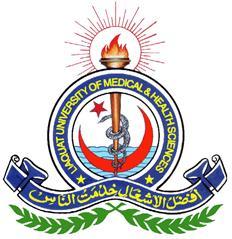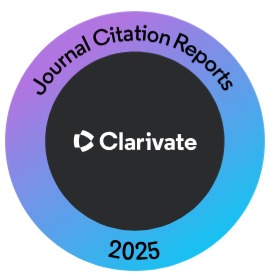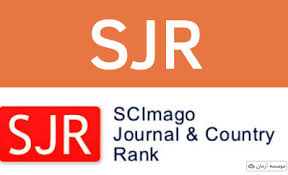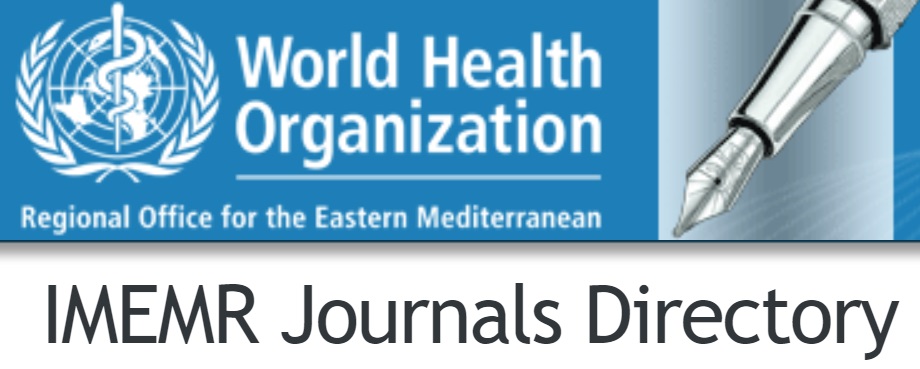A REVIEW ON EFFECTS OF CARDIOTOXIC DRUGS IN ANIMAL MODELS
Abstract
The major types of Cardiotoxicity in humans are mainly drug-induced, trauma, and stress-induced. Animal models for drug-induced Cardiotoxicity are generated by using various categories of drugs including anticancer, antiretroviral and antidiabetic, etc. Many of these drugs induce Cardiotoxicity via altering ‘redox homeostasis’ by rising the generation of oxygen radicals. Apart from this, many other drugs utilize a different pathway to promote cardiac damage. Here we describe the various categories of drugs that produce Cardiotoxicity by different mechanisms in various animals and cell line methods. Each category of the drug utilizes different pathways to induce Cardiotoxicity, leads to change in the enzyme level and in vivo parameters which can be used as biomarkers. This review gives an idea to the investigator for the section of appropriate animal models to achieve the objectives of the experiment. Identification of lead molecules and selection of a correct drug to induce Cardiotoxicity by using experimental data may allow the investigator to come out with desired outcomes.
Key words: Animal models, drug-induced Cardiotoxicity, biomarkers
Additional Files
Published
How to Cite
Issue
Section
License
Copyright (c) 2021 Journal of Liaquat University of Medical & Health Sciences

This work is licensed under a Creative Commons Attribution-NonCommercial-ShareAlike 4.0 International License.
Submission of a manuscript to the journal implies that all authors have read and agreed to the content of the undertaking form or the Terms and Conditions.
When an article is accepted for publication, the author(s) retain the copyright and are required to grant the publisher the right of first publication and other non-exclusive publishing rights to JLUMHS.
Articles published in the Journal of Liaquat University of Medical & health sciences are open access articles under a Creative Commons Attribution-Noncommercial - Share Alike 4.0 License. This license permits use, distribution and reproduction in any medium; provided the original work is properly cited and initial publication in this journal. This is in accordance with the BOAI definition of open access. In addition to that users are allowed to remix, tweak and build upon the work non-commercially as long as appropriate credit is given and the new creations are licensed under the identical terms. Or, in certain cases it can be stated that all articles and content there in are published under creative commons license unless stated otherwise.























